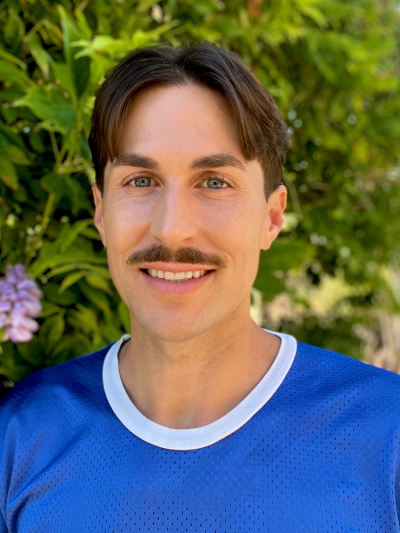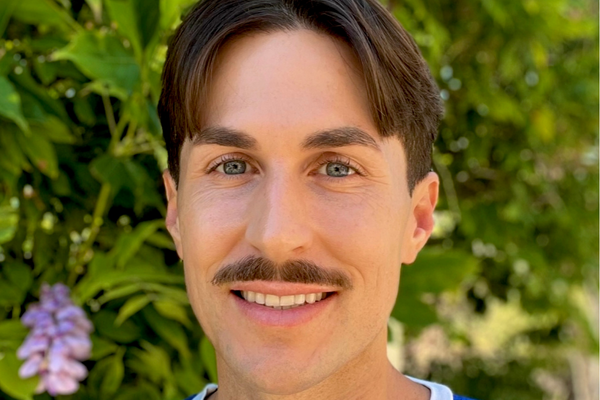How much joy we experience in life is limited by our ability to show up each day with unapologetic authenticity. For many people who identify as LGBTQIA2S+, feeling safe or supported to live authentically may not have been an option. As a result, many of us live disempowered lives— stuck in jobs, relationships, and routines that we no longer identify with. In turn, many of us have been able to break free from those past lives but still carry the weight of grief and trauma that come from years of living inauthentically.
This interactive, thought-provoking, and supportive workshop is designed to help you move away from the pain of the past, and set your inner child free into a safe, welcoming and vibrant relationship with you and your Self. During this week, you will explore a series of creative exercises individually and together as a group. By tapping into the voice of your inner child, releasing what no longer serves you, there is safer and more gentle space for experiencing joy like never before.
You will have the opportunity to:
- Learn about Queer history, theology and activism.
- Practice written, sound and physical storytelling.
- Explore meditation as a form of social resistance.
- Experience healing modalities through dance, breathwork and sound baths.
- Gain insights about your limitations and strategize your next steps to live more authentically in joy.
This workshop is welcome to anyone who identifies as an LGBTQIA2S+ person or, a family member or friend of someone seeking to live more authentically in partnership with their inner child, and discover ways to support the LGBTQIA2S+ people in their lives.
Recommended Reading: Sex, Needs and Queer Culture: From Liberation to the Post-Gay by David Alderson, The Empty Chair: Tales From Gestalt Therapy by Vikram Kolmannskog, Body Bliss: A Guided Pleasure Journal for Exploration and Self-Love by Robin Denise.





